To celebrate the life and legacy of Dr. Martin Luther King Jr. this MLK weekend, Volunteer Odyssey is mobilizing Memphians to engage in service projects across the city.
Throughout the year, the nonprofit connects other nonprofits with volunteers, provides a free platform for volunteer management, and coordinates corporate volunteer opportunities. “So MLK Days of Service is a great opportunity for us to gather several small projects from a lot of nonprofits around the city,” says Volunteer Odyssey executive director Caroline Norris, “doing everything from cleaning up T.O. Fuller State Park and making it even more beautiful, to working with Thistle & Bee to paint their new clinic and get it ready for some of their clients, to packing up food at the Mid-South Food Bank.”
In total, there are 11 organizations for volunteers of all ages to serve this MLK weekend, with opportunities on Friday through Monday, at different hours through the day. “Our hope is that that will inspire every Memphian to find something, to find a way to plug in,” Norris says. “If it made them fall in love with Room in the Inn, and they had never heard of them before, and now they want to go and serve meals once a month, that can be transformational for some of these organizations.”
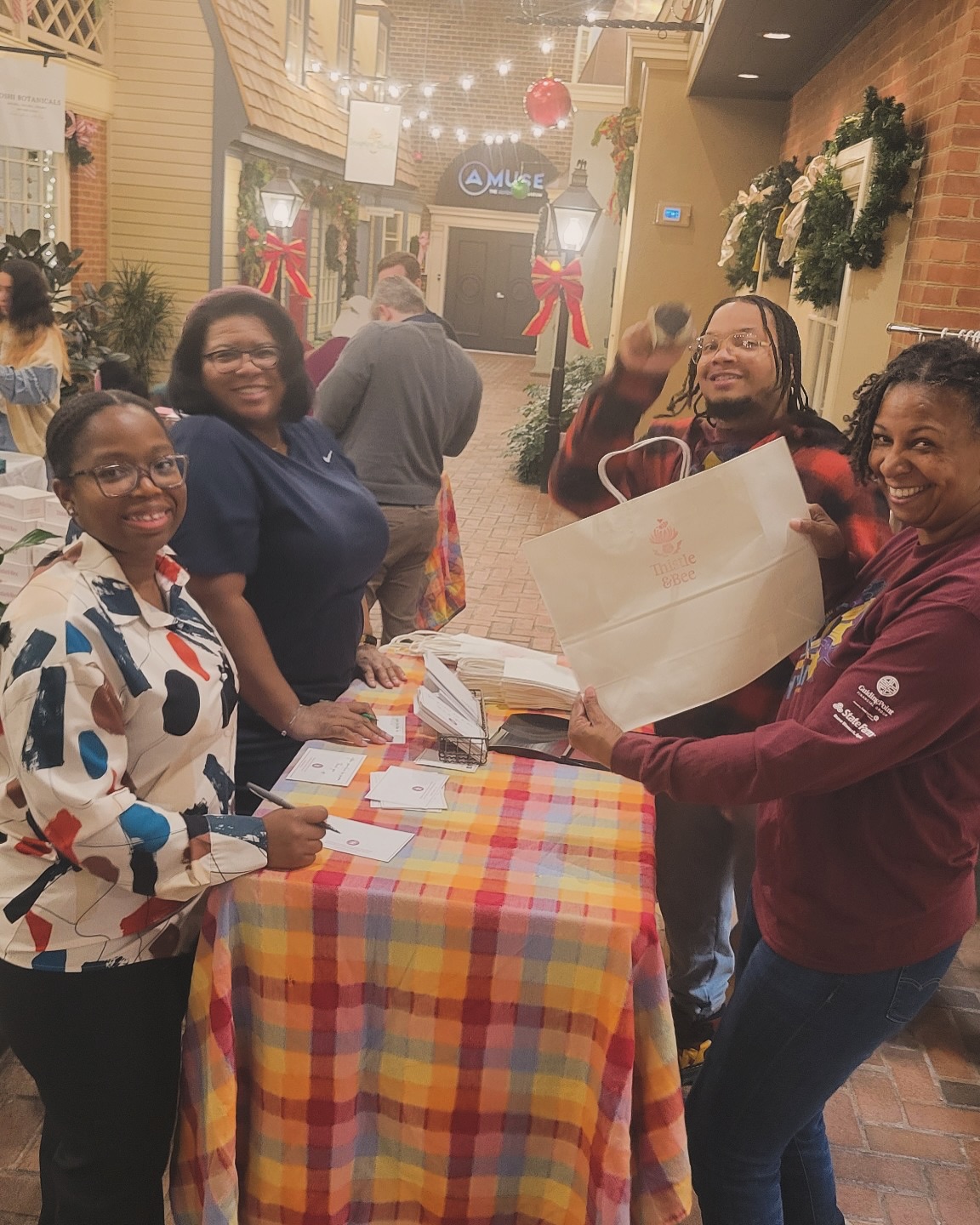
Spots for MLK Days of Service’s opportunities are already filling up, but Norris says not to worry. “Memphis is a last-minute kind of town, and so I know that there’s going to be spots available, especially down with the Wolf River Conservancy at T.O. Fuller State Park. They got hundreds and hundreds of spots.”
“What’s most important is rolling up your sleeves alongside your neighbors and getting your hands dirty, not just talking about what’s going on in our city, but really getting to work,” Norris says. “These organizations need people power, and so there is definitely an organization that is either the cause that you care about or is looking for the skills that you already have or simply just fits into your schedule.”
This year, for its MLK Days of Service, Volunteer Odyssey is also partnering with the National Civil Rights Museum (NCRM) and Leadership Memphis in promoting their celebrations. Leadership Memphis will host its MLK Health and Wellness Fair on Saturday, January 18th, from noon to 2 p.m. at the Hollywood Community Center, with the goal to promote health, wellness, and access to resources. In addition to offering free health screenings and activities for the kids, the fair will showcase organizations focused on healthy living.
On Monday, January 20th, 8 a.m. to 6 p.m., the National Civil Rights Museum will have its King Day, with free admission to the museum and a full day of activities including music, performances, children’s activities, and an online presentation. The museum is also asking for food donations to the Mid-South Food Bank in exchange for discounted admission to be used at a later date, and NCRM is hosting a blood drive. Those who donate blood will receive free admission for up to two people and an MLK Spirit of Service T-shirt (while supplies last).
“We’re really trying to amplify what our community partners need,” Norris says of Volunteer Odyssey’s partnerships with Leadership Memphis and NCRM. “And so, this collaboration with MLK Days of Service is just a beautiful vision that there’s so much good happening. … Even if you can’t participate in the MLK days of service, use this opportunity to see how you might give back the rest of the year.”
Find out more about the volunteer opportunities available below or follow the link here, where you can also register.
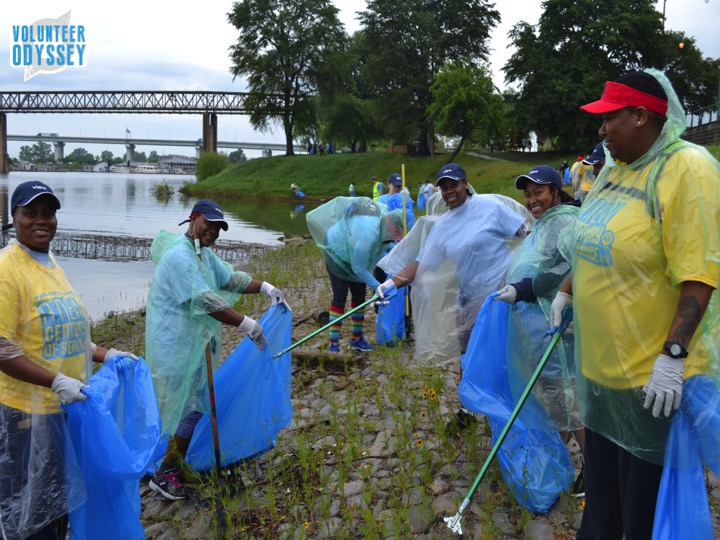
- National Civil Rights Museum: Passionate volunteers are needed to help coordinate #KingDay2025. This year’s celebration will also mark the launch of the museum’s yearlong observance themed Community Over Chaos, highlighting pivotal anniversaries in civil rights history, including the 60th anniversary year of the Selma March and the Voting Rights Act of 1965. | Monday, January 20, 8 a.m.-6 p.m.
- Girls Inc.: Get your hands dirty for a great cause! Girls Inc. needs volunteers to prep their urban farm for the spring. This is a great way to support a mission that inspires and empowers young girls in Memphis. | Saturday, January 18, 9:30-11:30 a.m.; Sunday, January 19, 8:30-10:30 a.m.; Monday, January 20, 8:30-10:30 a.m.
- Wolf River Conservancy: This MLK Day of Service event will focus on preserving T.O. Fuller State Park, a historically significant site for the African-American community. Volunteers will assist with hiking trail restoration, playground surface renewal, and invasive species removal. | Saturday, January 18, 10 a.m.-noon
- Thistle & Bee: Thistle & Bee is transforming lives, and you can be part of their journey! Help paint walls, organize supplies, and clean their new clinic space. Your efforts will directly support survivors of trafficking as they rebuild their lives with dignity and hope. | Saturday, January 18, 9 a.m. to noon | Sunday, January 19, 9 a.m. to noon
- Memphis City Beautiful: Join Memphis City Beautiful and partners in Midtown and Orange Mound on Saturday or the Mitchell Heights community on Sunday. Volunteers will plant native trees, clean-up intersections, and help create more inviting spaces in our city. Wear weather-appropriate clothing and get ready to dig in. | Saturday, January 18, 10 a.m.-noon, Sunday, January 19, 10 a.m.-noon
- Overton Park Conservancy: Repair the Limestone Trail after recent storm damage. Bring a pair of work gloves and a couple of friends. Meet at the East Parkway Pavilion in Overton Park. | Monday, January 20, 9 a.m.-noon
- Room in the Inn: Room in the Inn provides a welcoming, safe space for those experiencing homelessness, built on love and respect. Lend a hand with projects that directly support their mission. | multiple projects and shifts available
- Shelby Farms Park: Take part in the Helping Hands project, an ongoing effort to pick up 2,025 pieces of litter by the end 2025. By volunteering, you’ll contribute to keeping one of Memphis’ most cherished green spaces clean and beautiful for everyone to enjoy. | ongoing/open availability
- Mid-South Food Bank: Join the Mid-South Food Bank to pack meal boxes for the Care Like King Days of Service. Your time and effort will help fight hunger and ensure families across Memphis have access to nutritious meals. | Friday, January 17, 10 a.m.-noon
- V&E Greenline: Help out on the V&E Greenline. There’s plenty to do to prepare for the spring growth. Meet at Kirby Station (1625 Tutwiler) at 9 a.m. for donuts, coffee, community, and lots of hard work. | Saturday, January 18, 9-11 a.m.
- Lichterman Nature Center: Helping with trail maintenance, invasive plant removal, trash clean-up, resetting the children’s Discovery Forest, and helping to plant native plants. | Saturday, January 18, 9 a.m.-12:30 p.m.
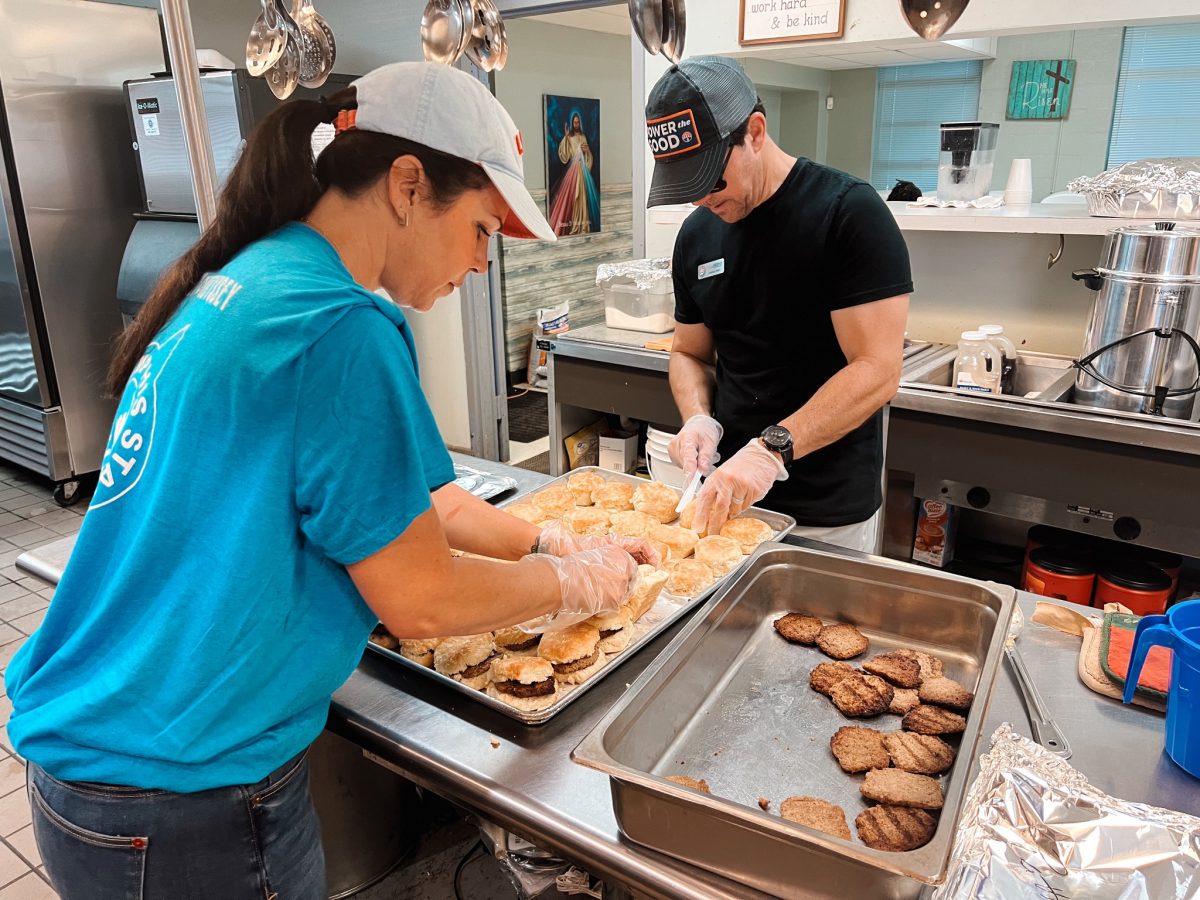
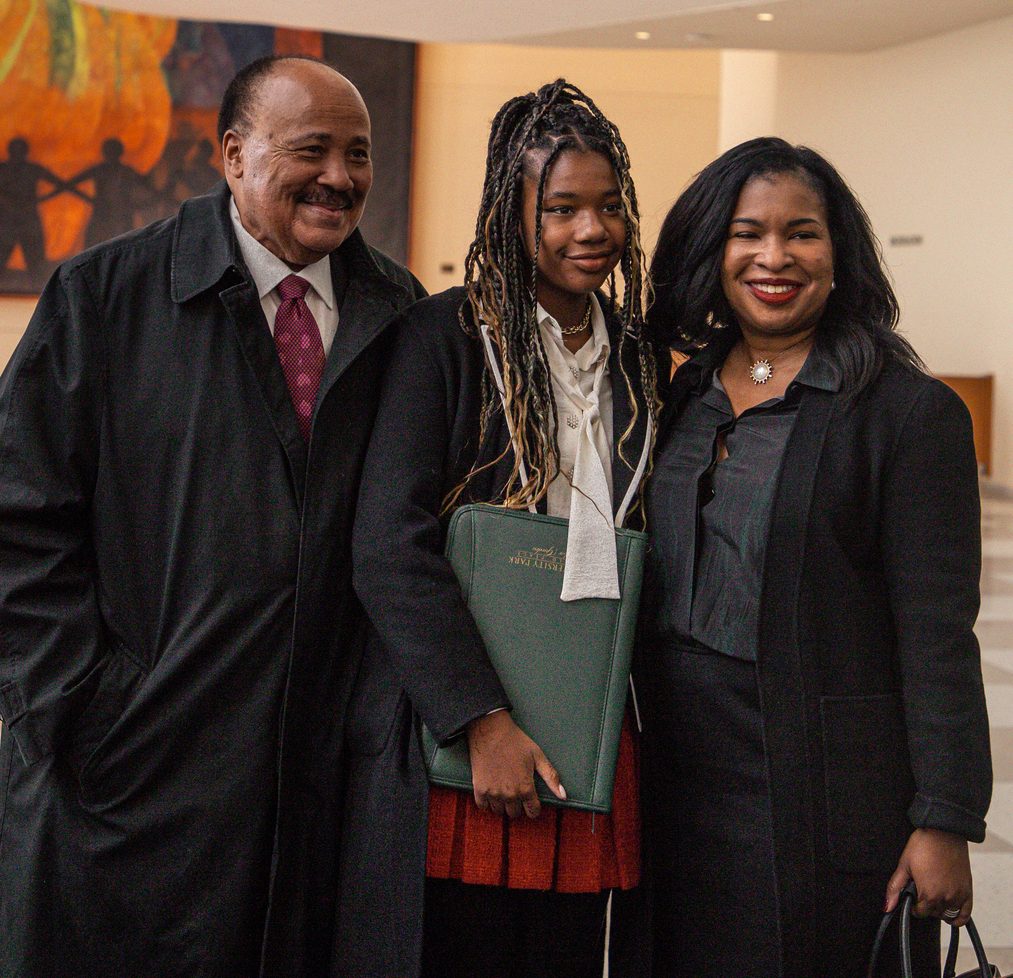


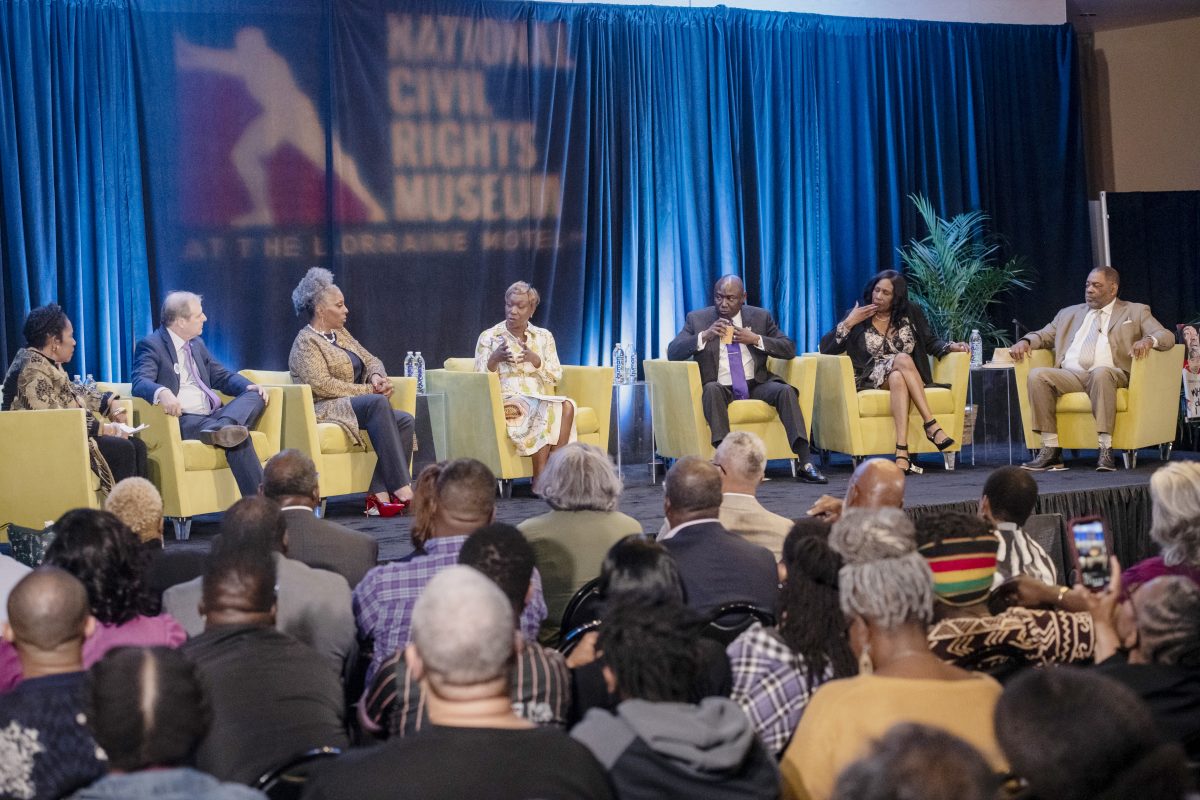
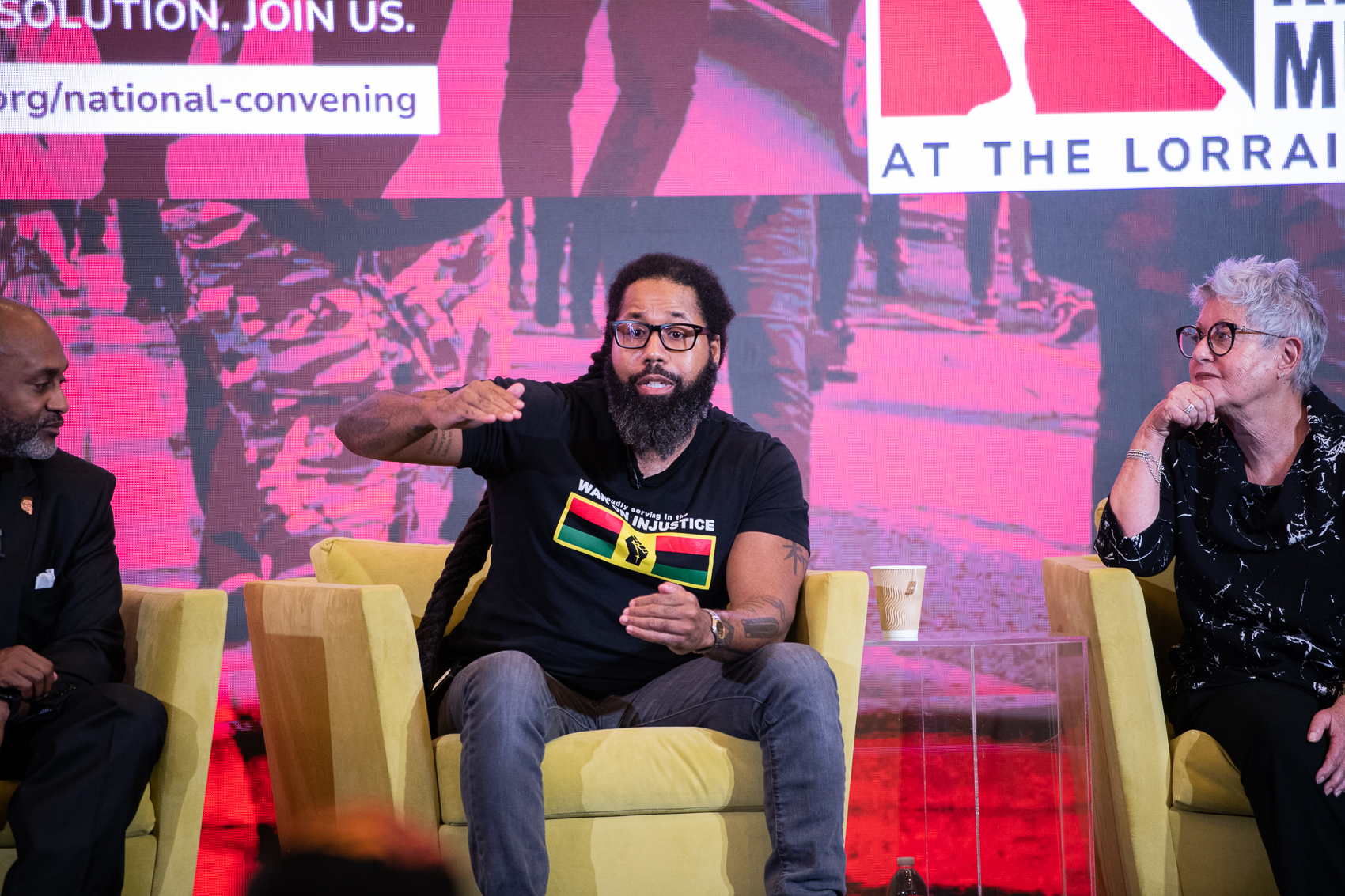
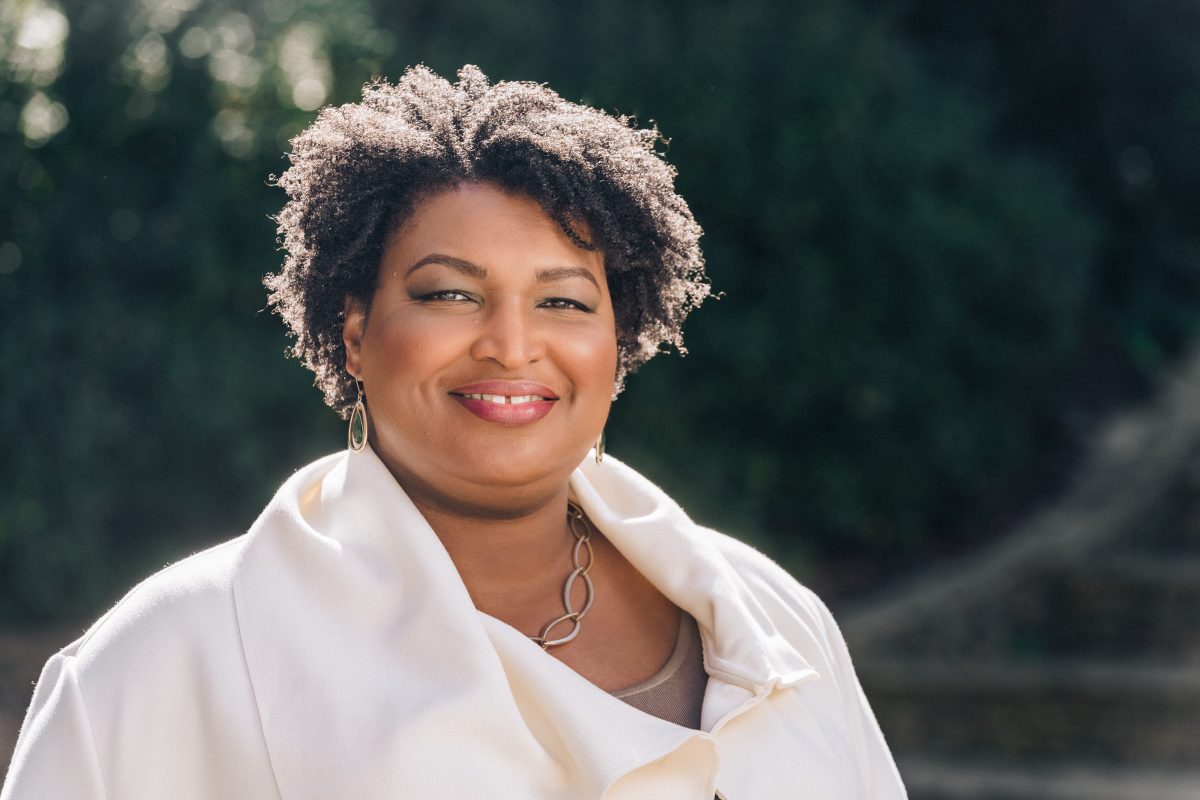
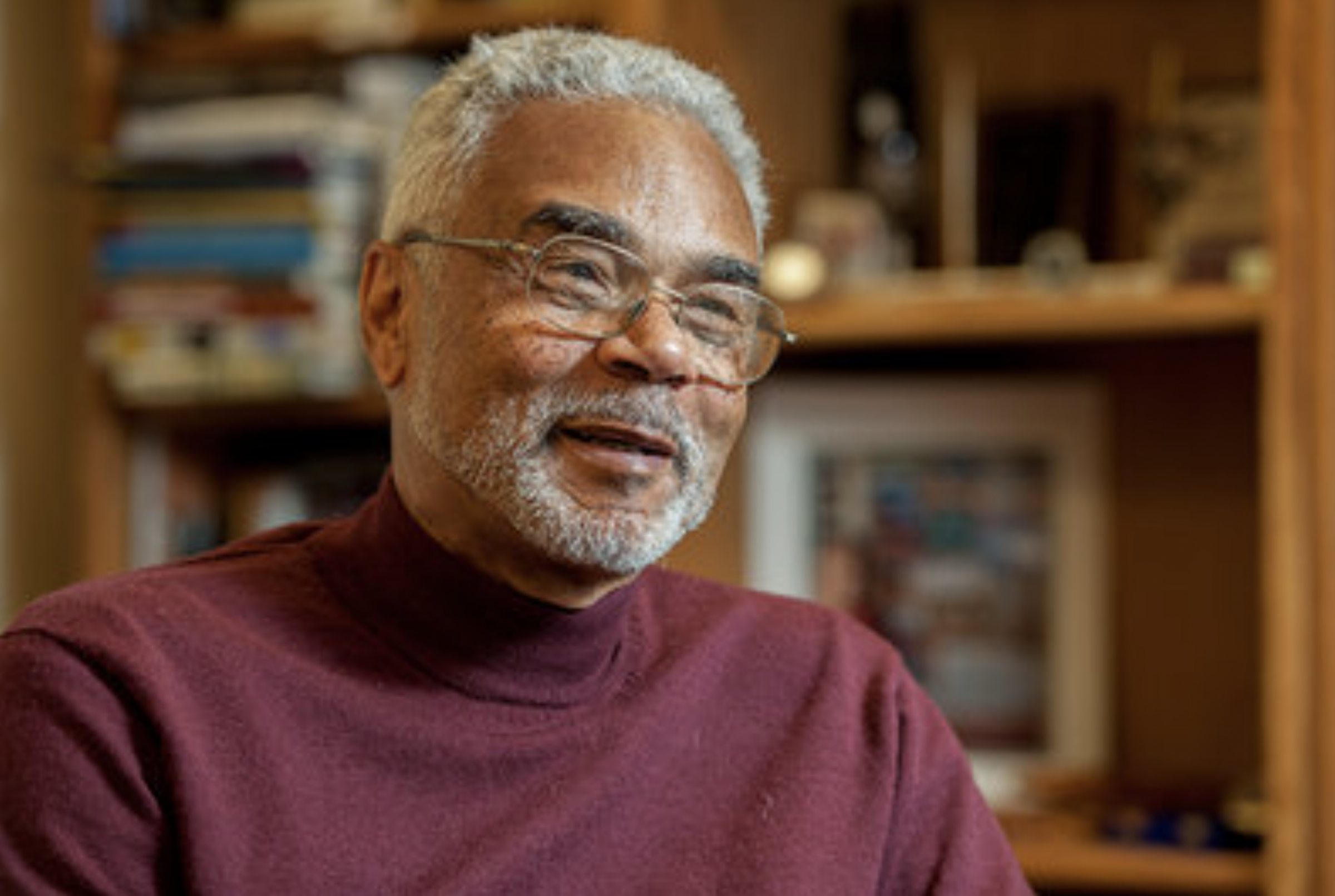
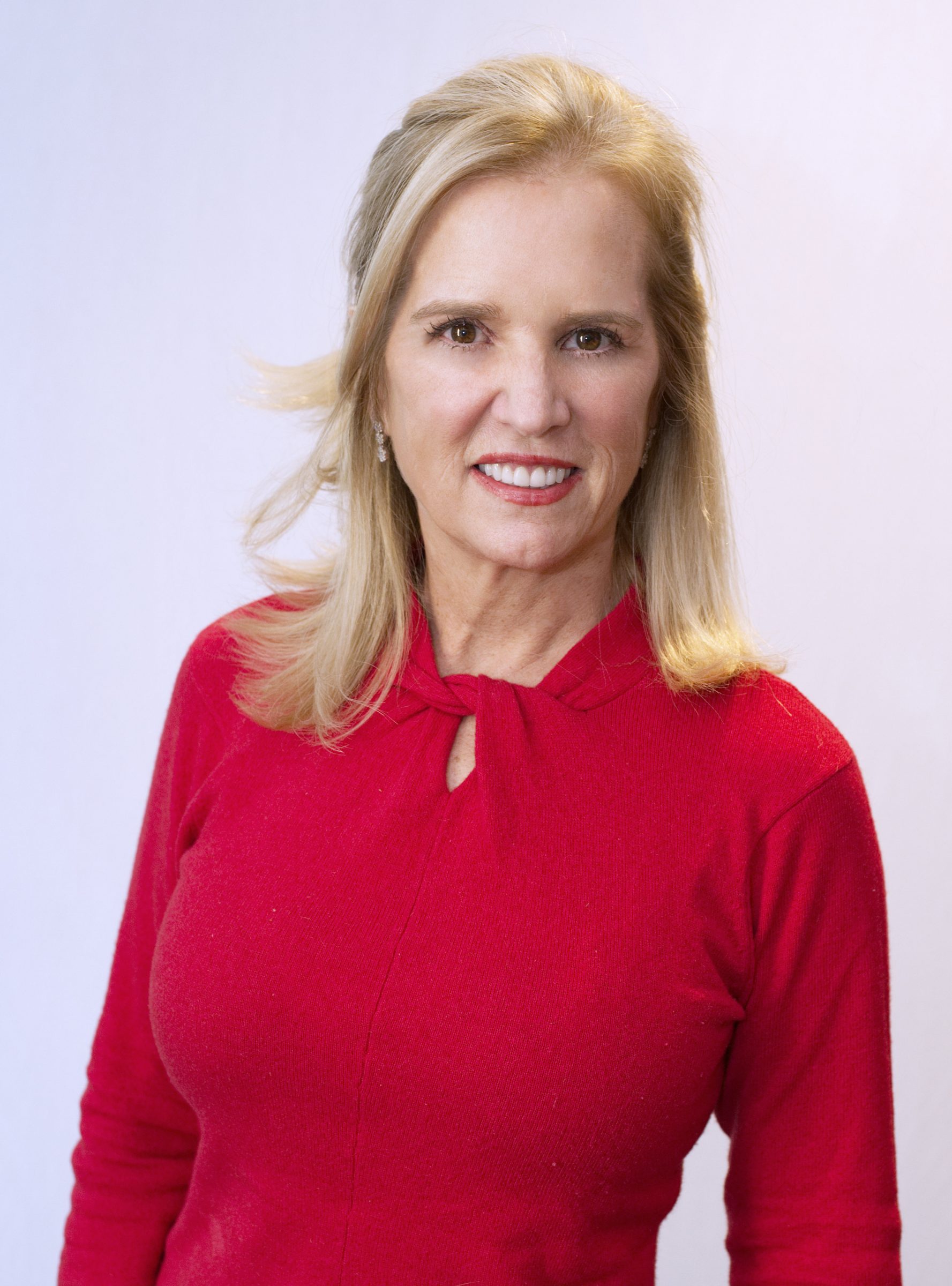
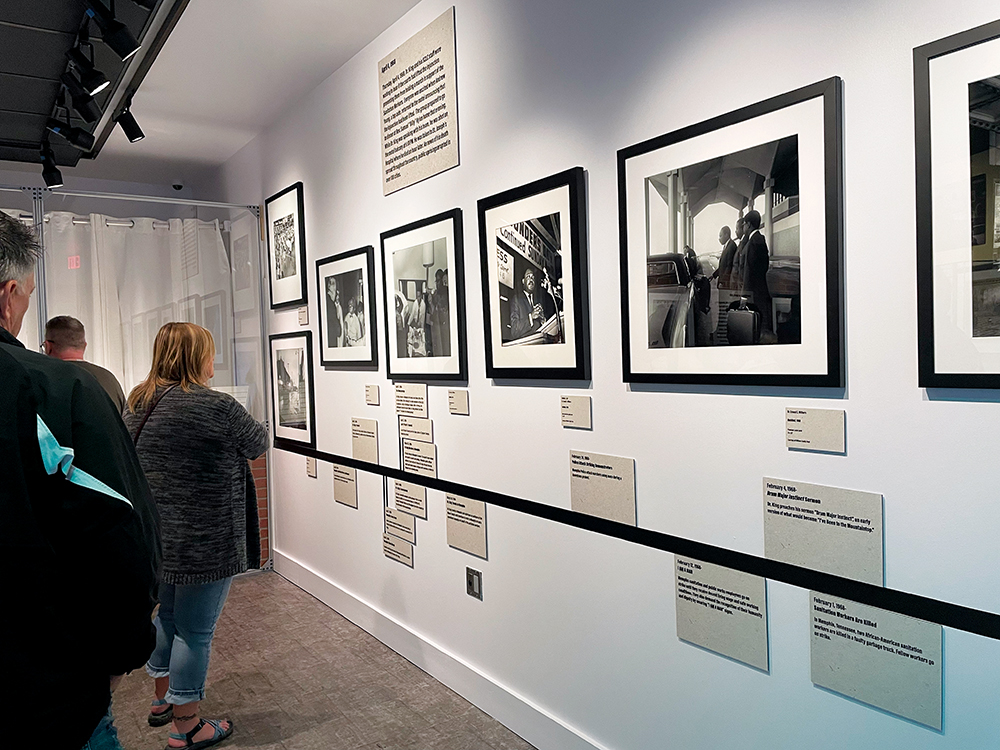
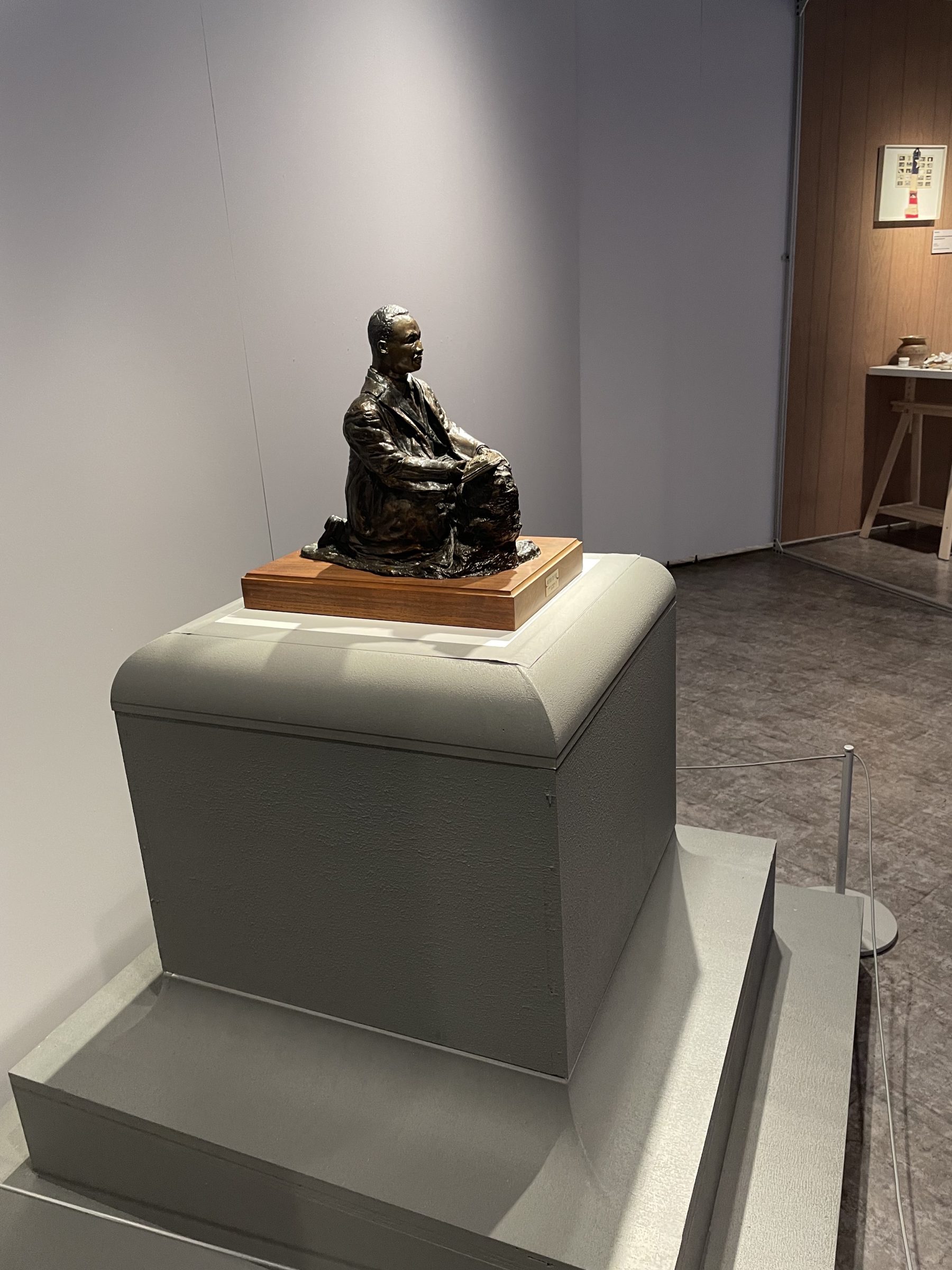
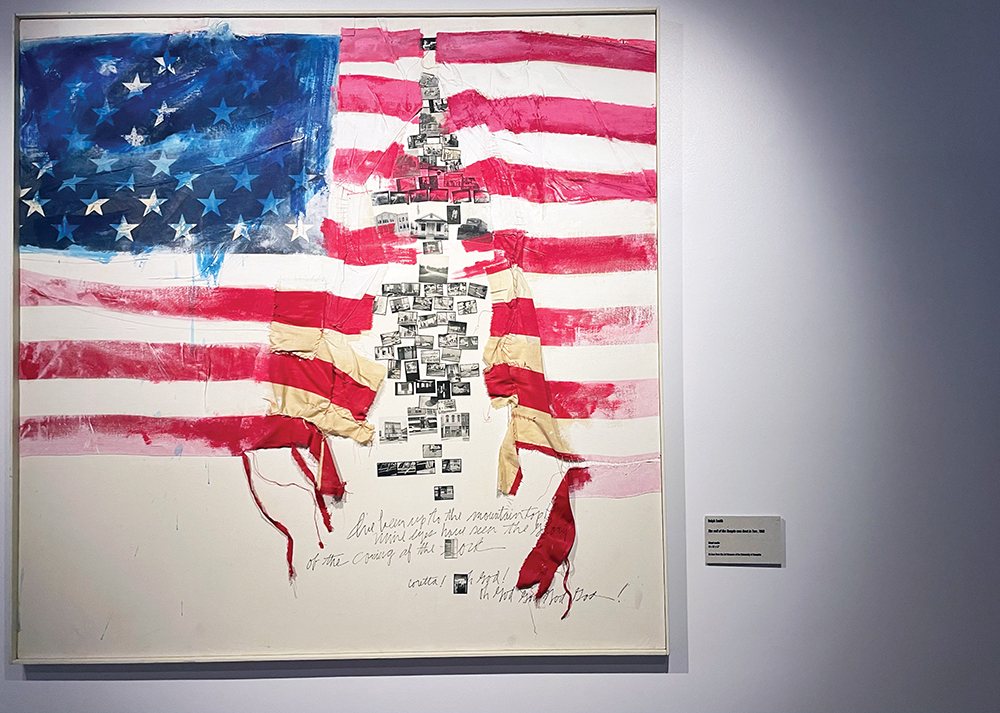
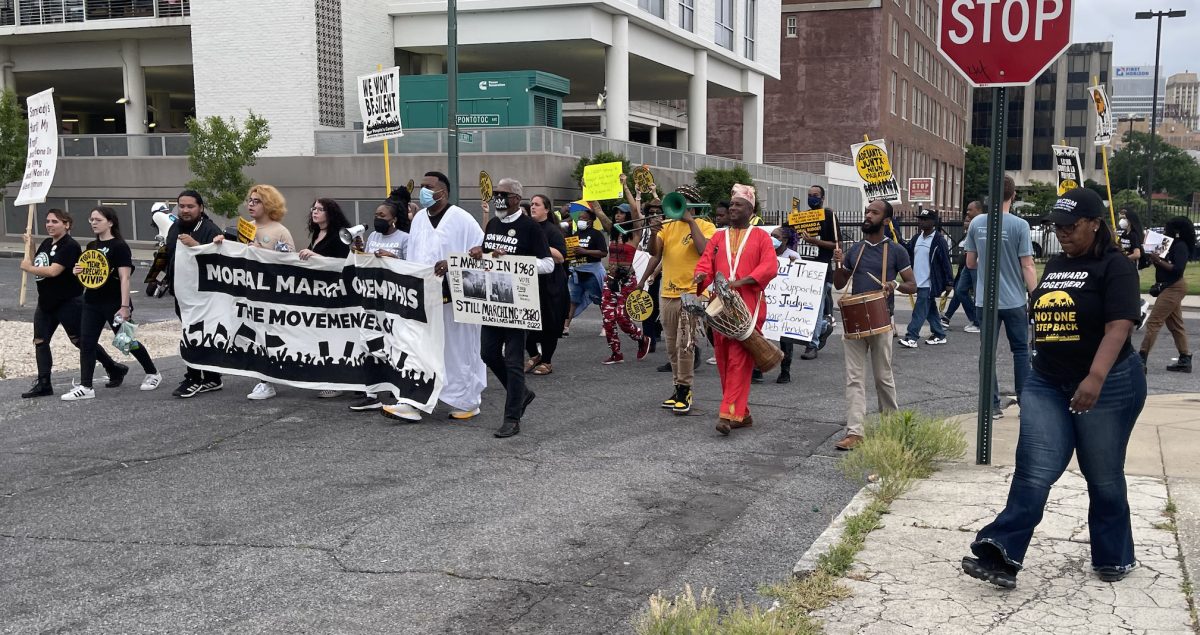
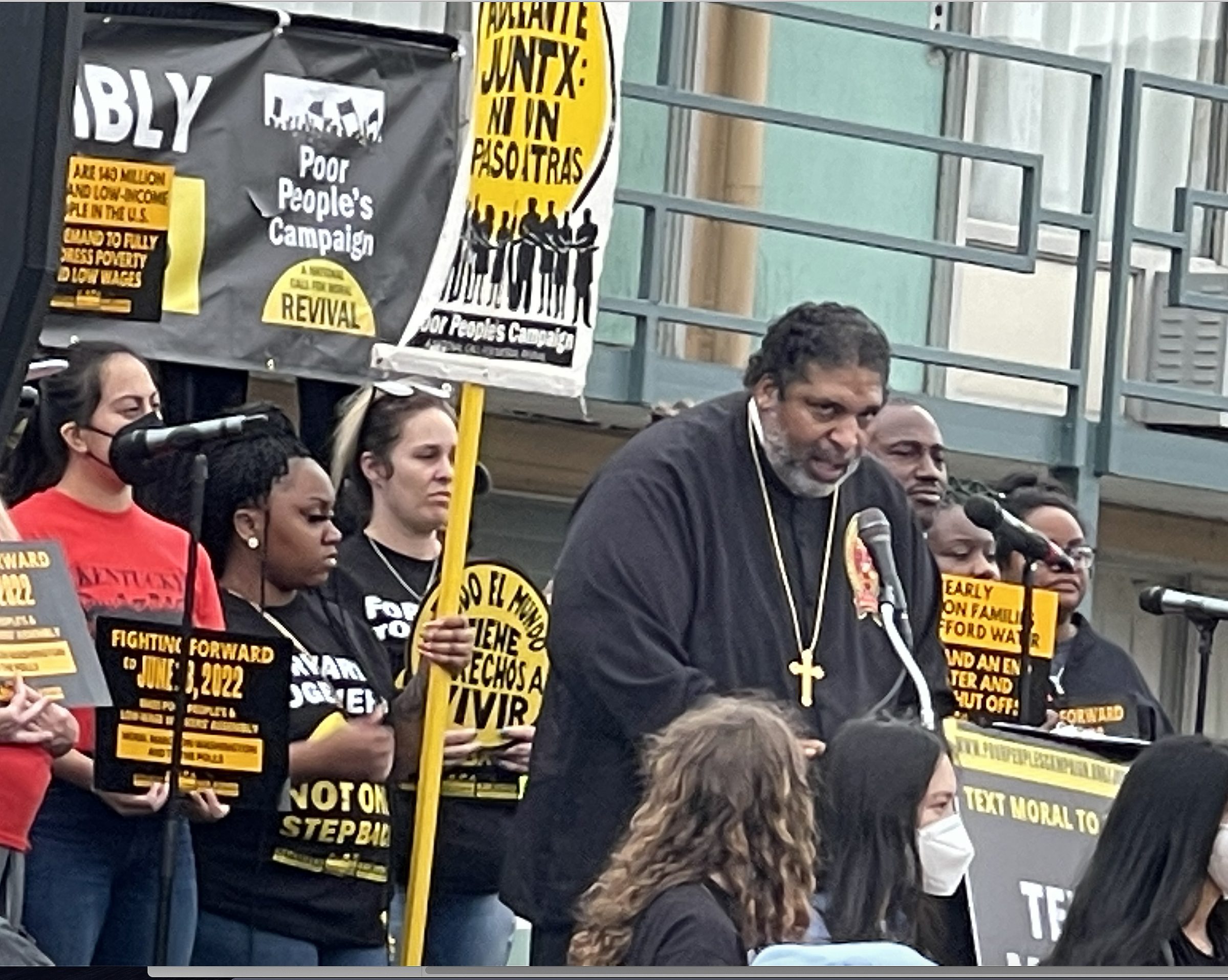
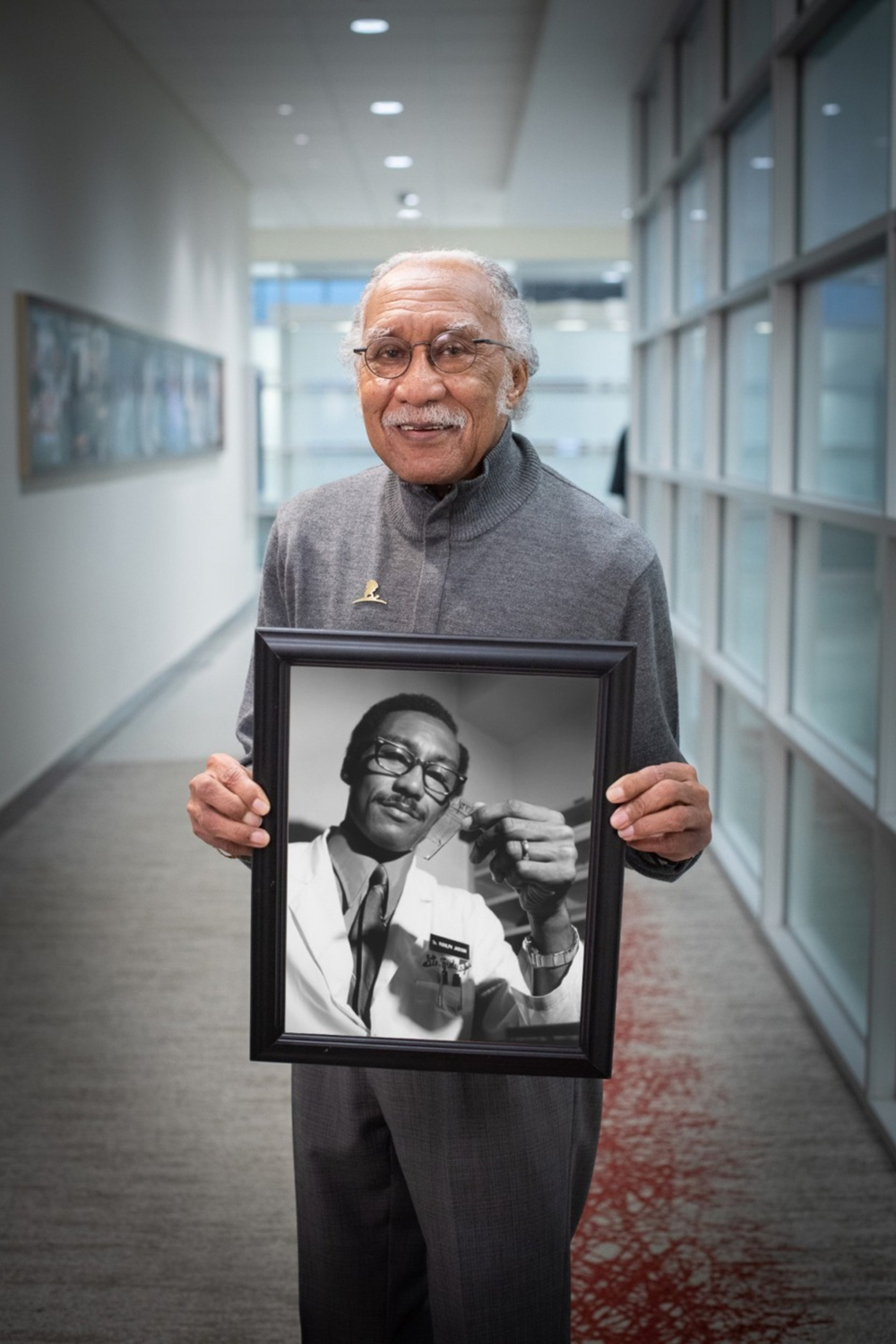
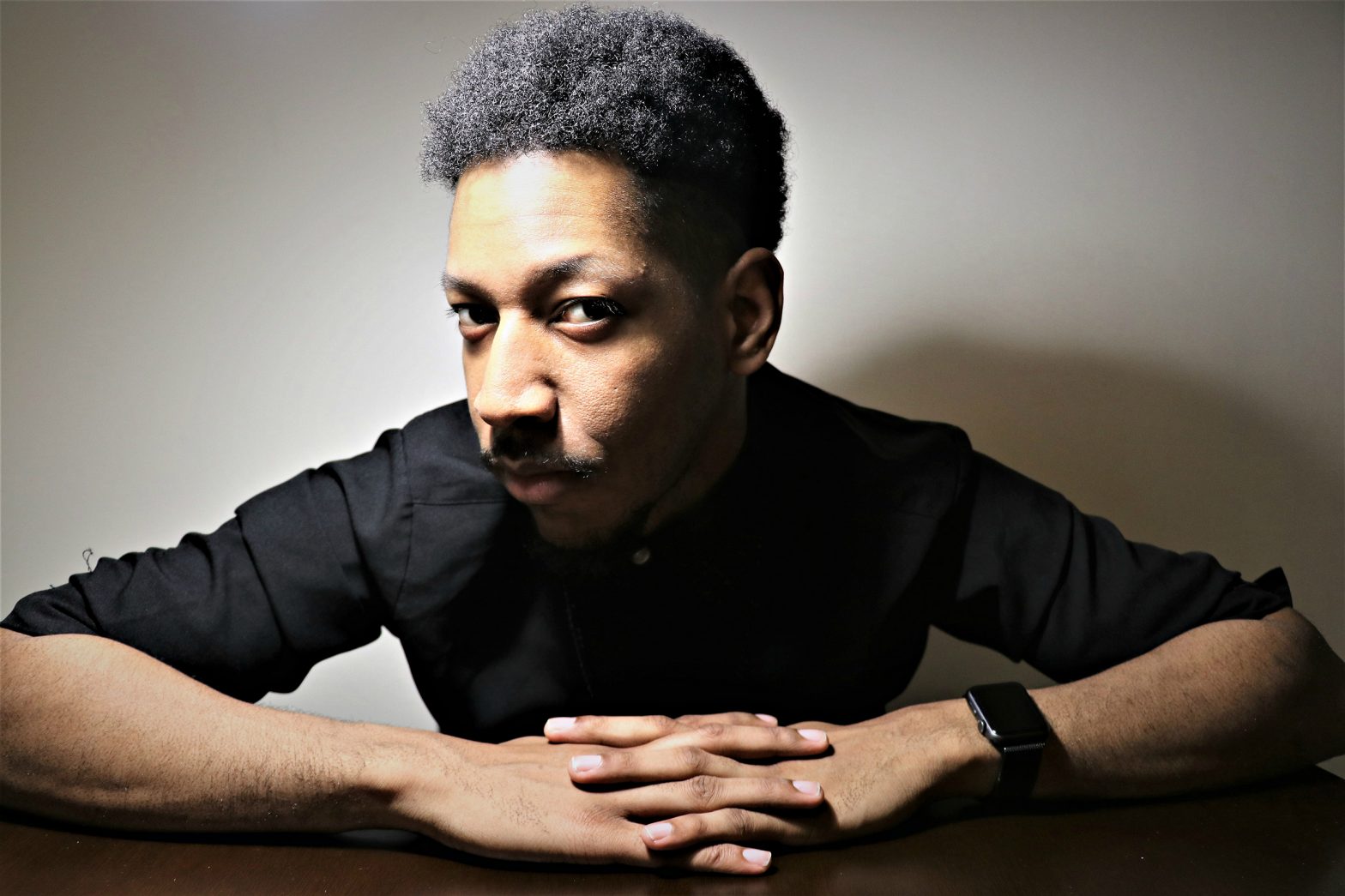
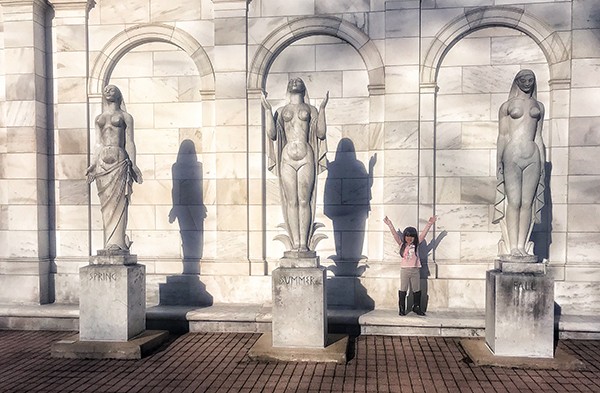 Jon W. Sparks
Jon W. Sparks